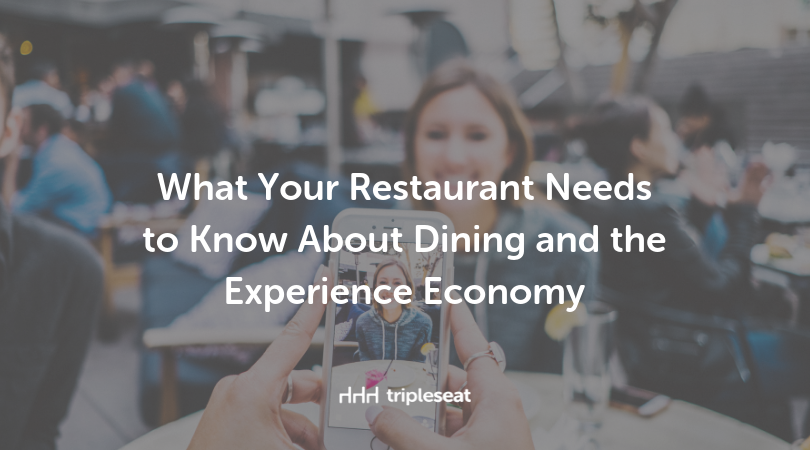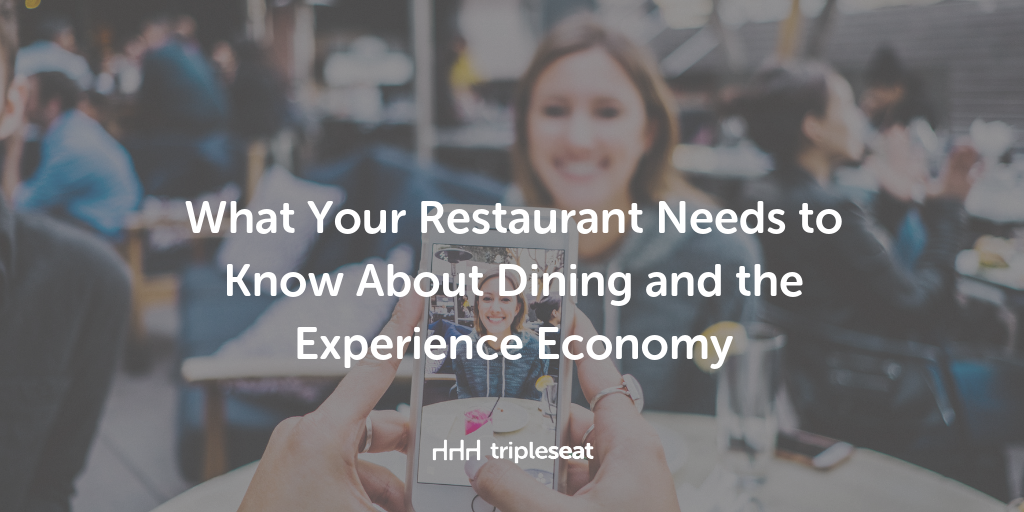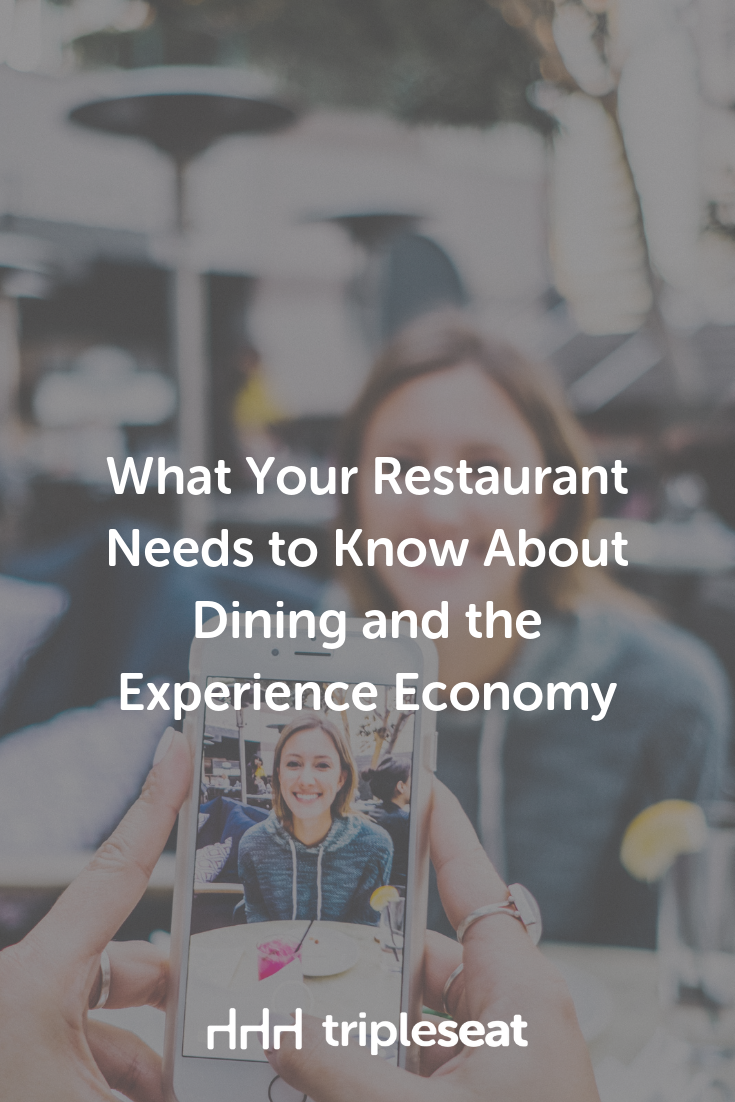What Your Restaurant Needs to Know About Dining and the Experience Economy

If you think that offering better food and service is the best way to outshine your competition, you’re wrong.
You still have to do all that, plus offer your customers a memorable experience, according to Sue Chan, Founder and CEO of Care of Chan, a brand management agency that specializes in communications, production and talent management for the hospitality industry. Going out to eat has become about the memories than the meal.
“The whole idea is that the standard of food and the standard of service has gone up across the board … if the quality of food and service has gone up, the only way to stand up is to offer an experience.”
Chan spoke at the recent Skift Restaurants Forum in New York City during a session called Dining and the Experience Economy.
“In this digital age, food is the last thing that can’t be downloaded” she said. “That’s really the last thing that people can genuinely connect over. There’s more foodies that care about food and lifestyle and where they go out and eat.”
The experience economy is not new. Business publications began talking about it back in 1998. But it’s built momentum because of its biggest champions: Millennials. Three out of four millennials would rather spend money on experiences than things, Chan said.
“Harder to connect in the digital age. The restaurant experience connects you to friends and family, “ she said. “Before, past generations would save their money by saving up for a car and a home. Millennials will pay $15 for avocado toast.”
How can your restaurant become a part of the experience economy? Chan suggests introducing experiences that help people form community, create meaning and purpose, and speak to the role that food plays in our culture.
Consider adding one of the popular experiences of trivia nights, paint nights, special dinners pairing beer or wine with seasonal entrees, or cooking classes to your offerings.
You can also build something that’s unique to your venue. Chan said that The Standard Hotels has excelled at the experience economy with experiences like their winter yurts – several locations add heated yurts to their outdoor spaces where customers can enjoy a fondue feast and hot, spiked winter cocktails.
“It’s important for restaurants or any brand to create experiences that are unique to them and unique to their value system, that have a theme, that have purpose and meaning. They need to be building towards a community,” Chan said. “I think experiences when done right can really do that.”
Want more information on restaurant and event trends?
Check out our posts that share the latest industry updates on the Tripleseat blog.


